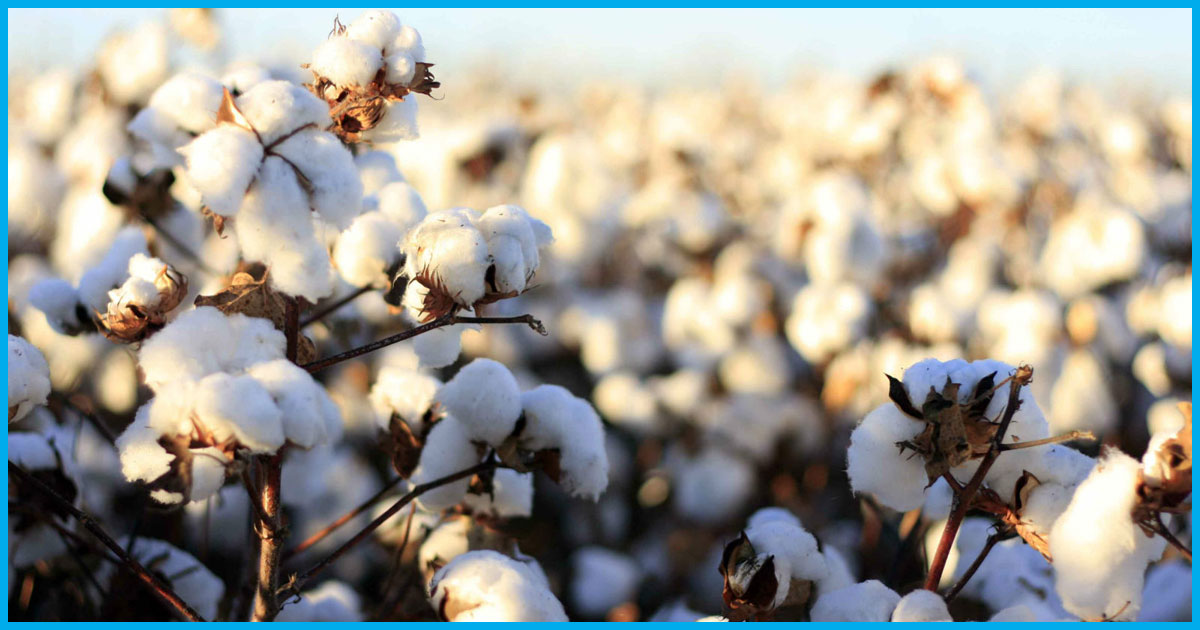
Monsanto Cannot Patent BT Cotton Seeds In India, Says Supreme Court
10 May 2018 12:30 PM GMT
Editor : Ankit Sharma Sharma
Green tea Addict | A Tree Hugger | Born for Change
The Supreme Court on Monday refused to stay a Delhi high court order which held that plant varieties and seeds cannot be patented under the Indian law. World’s biggest supplier of seeds Monsanto had appealed against the invalidation of its patent on Bt cotton seed variety Bollgard II.
Monsanto holds the patent over its Bollgard-II Bt cotton seed technology through its Indian arm Mahyco-Monsanto Biotech Ltd (MMBL). It’s a Genetically Modified (GM) variant which resists bollworm pest. After the Court’s order, the patent stands to be invalid in India.
“We remain confident on the merits of the case. India has been issuing patents on man-made biotech products for more than 15 years, as is done widely across the globe,” said the Monsanto India spokesperson to Reuters.
As per The Economic Times, the Delhi High Court, on April 11, had ruled that Monsanto’s patent was not valid under Section 3(j) of the Patent Act.
Section 3 (j) states that “plants and parts thereof as well as an essentially biological process for production or propagation of plants are not inventions that can be patented.” The court had also directed Monsanto to seek intellectual property protection under the Protection of Plant Variety and Farmers Right (PPVFR) Act 2001. It had given Monsanto three months to appeal to the Protection of Plant Varieties and Farmers’ Rights Authority for relief under the PPVFR Act.
The Delhi High Court decision will benefit farmers by reducing royalties and seed prices. The court had also stayed the decision of a single judge on the issue of trait fee payable to Monsanto by Indian companies under the sub-licence with them. The Indian companies would pay trait fees to Monsanto according to government-set rates, said the single judge, as per The Hindu Business Line. The US-based agro major Monsanto Technology wanted to charge a higher rate of trait fee under the sub-licence given to Indian companies to use its seed technology. Monsanto’s GM cotton seed technology currently dominates 90 percent of India’s cotton acreage.
“Instead of taking intellectual property rights under Protection of Plant Varieties and Farmers’ Rights Act, (PPVFR) Act, 2001, Monsanto took the patent route to exercise the monopoly. They licensed this Bt cotton transgenic varieties to many Indian companies in the name of the patent. This is held wrong by the high court. This will reduce royalties on seed prices and would give relief to farmers,” said Kalyan Goswami, director general of National Seed Association of India.
The petition was heard by Supreme Court justices Rohinton Nariman and Abhay Manohar Sapre on Monday. The case has been submitted for an expedited preliminary hearing on July 18.
Also published on Medium.
 All section
All section













